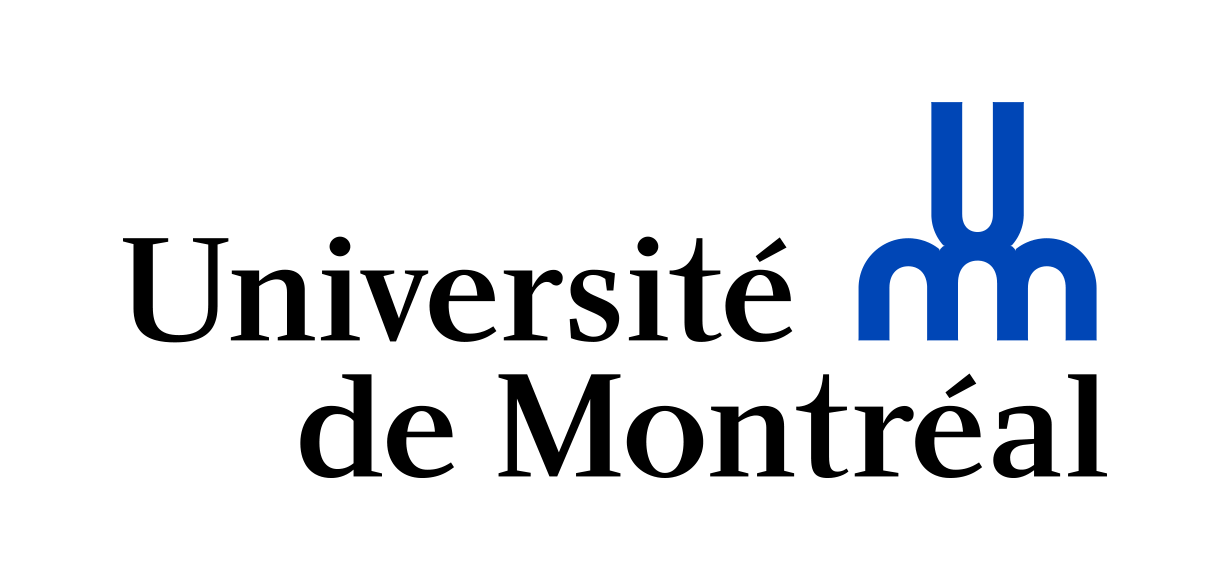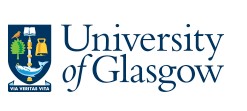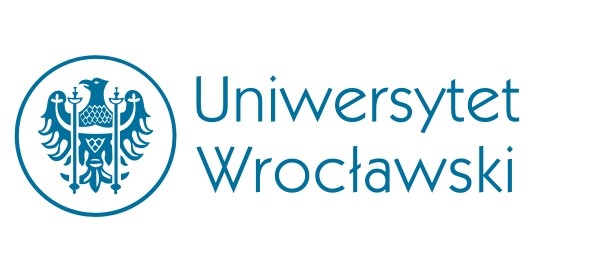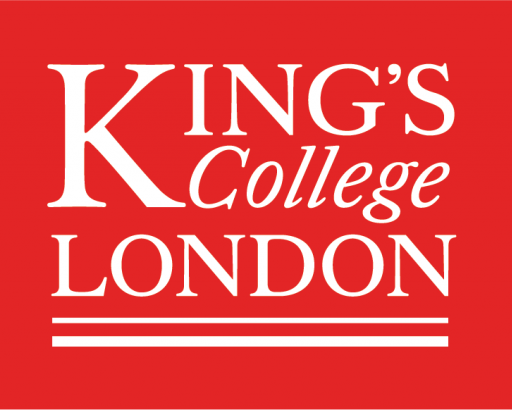Narva Civil Society Team Workshop, Tartu University Narva College, 19-20 September 2019

Photo from Tartu University Narva College
Social Movements between the EU and Russia
19-20 September 2019
Tartu University Narva College, Narva, Estonia
Since the beginning of regime transformations in post-communist Central and Eastern Europe, a central issue of democratic government and regional security has been the question of how to establish new state-society relations. These processes also included the question how to design democratic institutions and policies regarding ethno-national minorities that, as a rule, have kin-states in the neighbourhood. A rich body of scholarship has emerged about these questions, influenced significantly by Rogers Brubaker’s (1996) analytical model of a “triadic nexus” between what he calls nationalizing states, national minorities, and external homelands. Most studies have also recognized the significance of European institutions in framing those relationships.
In 2008 the OSCE High Commissioner on National Minorities issued Recommendations on National Minorities in Inter-State Relations (also known as Bolzano/Bozen Recommendations) seeking to provide guidance to participating states on how best to manage their relations with neighbouring states when they involve minorities. However, recent developments, including Russia’s aggressive regional politics and the appeal of “illiberal democracy” in activist kin-states (e.g., Hungary and Poland), have raised significant concerns in European institutions as well as among scholars about the sustainability of peaceful balance in cross-border politics involving minority populations. While 10 years have passed since the adoption of Bolzano/Bozen recommendations and 15 years since the accession of CEE countries into EU and despite of the consolidation of the democratic institutions in the region, the issues of state-society relations and specifically state-minority-kin-state relations have remained salient subject across the region.
The workshop will address these inter-relationships, paying close attention to the wide array of social and ethnopolitical movements, contestations and geopolitical mobilizations in the region. Interested in this zone of contact and contestation between the EU and Russia, this workshop’s main questions are the following:
- How does the “soft power” of the EU and Russia affect local perceptions of belonging and formation of identities in borderlands?
- How does prospective EU integration for Russia’s neighboring countries such as Georgia, Ukraine, and others affect protest dynamics and the likelihood of state-society conflict in these countries?
- To what extent are the claims and dynamics of social movements in one state affected by those in neighboring states, and with what ramifications for European integration?













